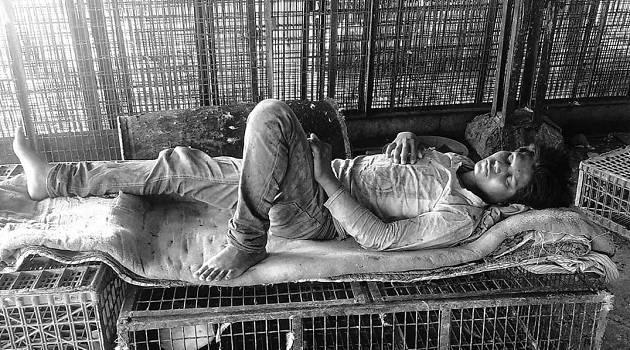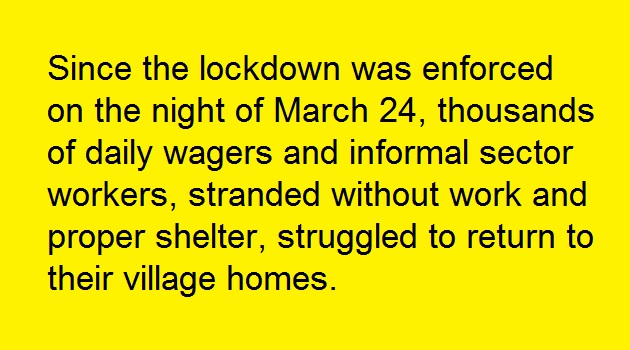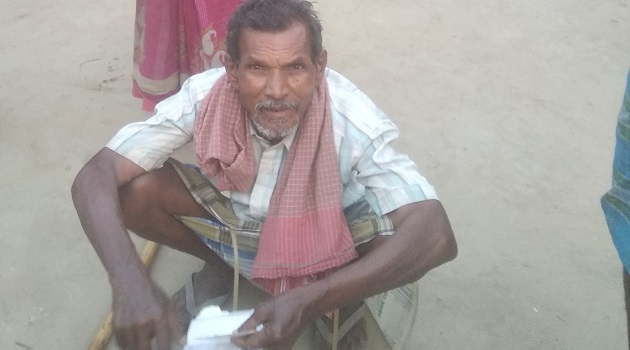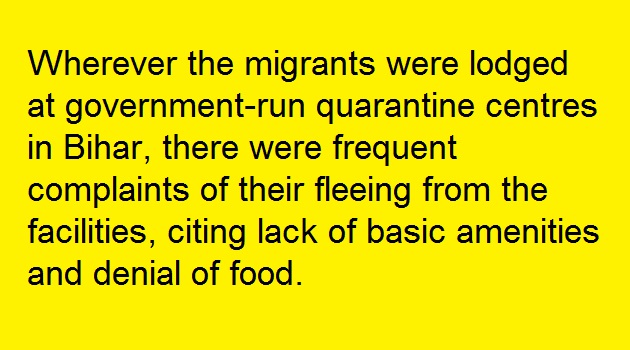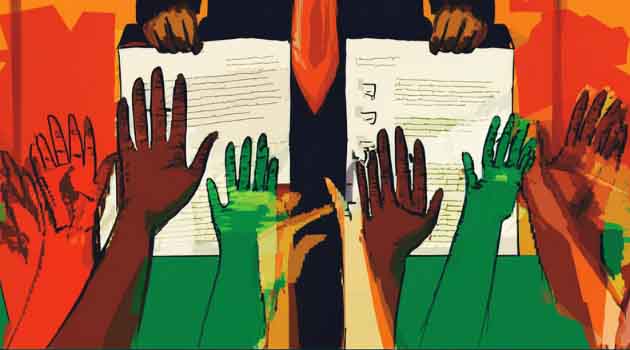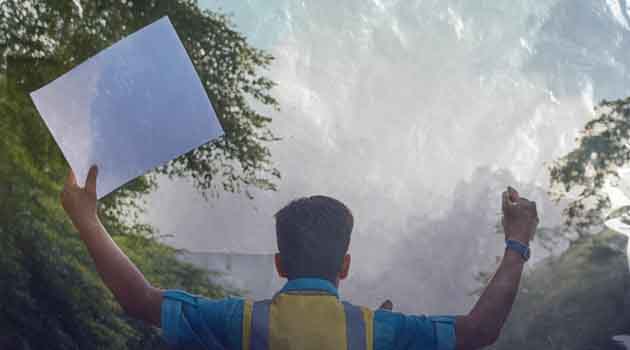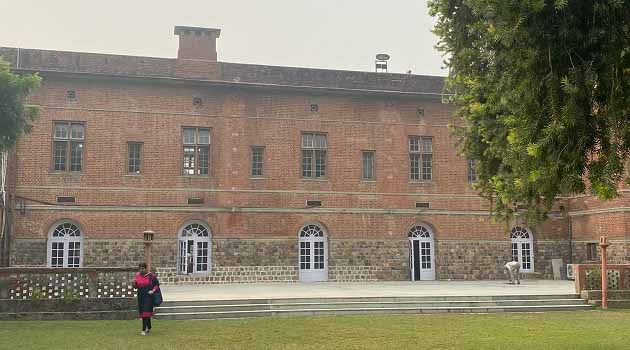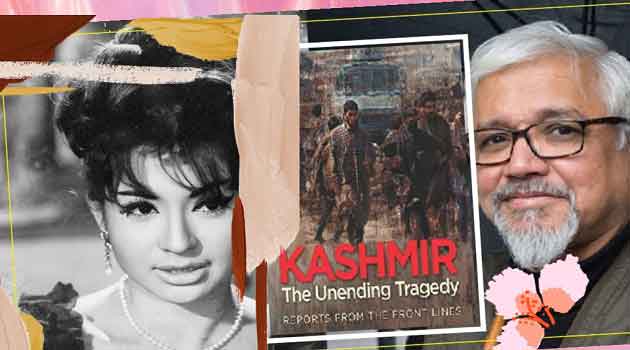The kind of destitution faced by ordinary rural population due to the spread of COVID-19 is completely hidden from the rest of the world.
The plight of the migrant workers mostly from Bihar has been only partially highlighted in a section of the media.
They had a right to return to their homes straightaway when the lockdown was announced first, as everyone would want to.
However, their agony and pain multiplied even as the lockdown got extended without any fool-proof plan laid out for them.
It can be anybody’s guess that the disease did not make them journey home, but it was the fear of dying of hunger being trapped in far-flung cities.
No wonder, most of them traversed long and difficult routes back to the village on foot.
Despite tall claims of the governments, the more you interact with the returning labourers, the worse the ground reality seems.
On being asked about their old-age pensions, Kalawati, Naresh Choudhary and Haribol Ray of Katihar in Bihar, say they are not getting any benefits as their Aadhar cards are faulty.
One Pinku Ray’s mother cries for her son, having failed to enrol him under any welfare scheme ever since he lost all his 10 fingers in an accident.
Many villagers, returning labourers and poor do not have bank accounts in the modern digital world – which is a serious concern.
As a result, government facilities and announcements do not mean anything to them, as being landless, old and ailing they are on the path to starvation.
We need to answer if this is a pandemic or a famine?
Most hard-hit during this lockdown in the villages are the women, who previously used to work in the fields.
Their livelihood and work are now going to the men – the male labourers who are returning to the villages.
The conditions in which most of the rural population live – in tiny houses with barely enough nutrition – are also clearly visible.
International Labour Day, which all of us celebrated on May 1 this year, could offer them not even hope that everything will be fine when the lockdown is lifted.
They are, perhaps, the biggest victims of COVID-19 who have been either forced to walk hundreds of kilometres on the highways, or are still stranded somewhere we do not know.
